Politics
Counting down Brexit by numbers
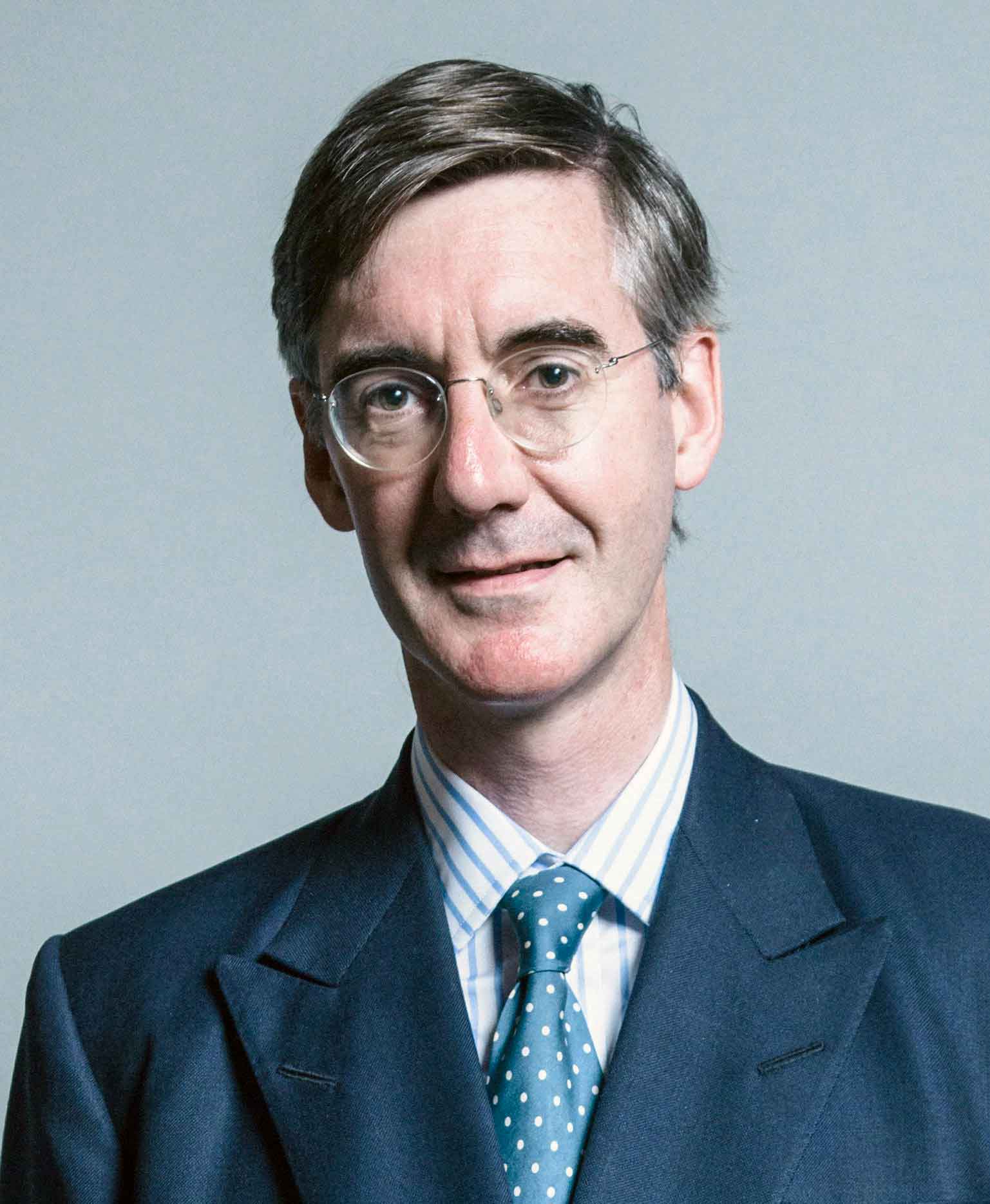
FROM March 30, Good Friday, the UK entered the final year of its membership of the European Union.
There have been recriminations on both sides of the EU debate since the UK voted by 52% to 48% to leave the European Union on June 23, 2016.
Leave side voters are divided by their victory over what type of Brexit they want, with a tiny rump of Conservative MPs apparently calling the Parliamentary tune, aided and abetted by a cavalier approach to the truth by government ministers and ever dissipating ‘red lines’. Never can so many on the victorious side have been so angry about winning or so unsure about what to do next.
On the Remain side, recriminations are even more intense. Some are sticking to the ‘it ain’t over ‘til it’s over’ line with increasing desperation, while there are claims of foul deeds committed by the Leave campaign. Some remainers have taken to striking the attitude of Violet Elizabeth Bott – who threatened to ‘thcweam and thcweam and thcweam’ until she was sick unless she got her way.
The refusal to acknowledge that crowding 17.5m voters were prepared to vote leave and meant it is, perhaps, the most revealing and troubling attitude of some dedicated remainers. The people were misled, lied to, duped; there were terrible lies told by the Leave campaign which swayed them; they did not know what they were voting for and had they known they would not have voted to Leave.; there is a need for a second referendum, the unspoken rationale for which is that Remain campaign won’t be as lazy and complacent next time around and voters will see sense.
On March 29, Jane Dodds, the Welsh Liberal Democrat leader said: “With the devastating consequences of Brexit now clearer than ever, it is right the public are asked whether they still want to continue down this path.”
The other side of the coin is the claim by Leave voters that those who voted to remain and are still fighting their corner are – in some way – unpatriotic and doing the UK down. That is an especially popular line from fringe Conservative MPs keen to wrap themselves in the Union Flag abandoned after UKIP’s implosion and plays well in newspapers whose owners reside overseas or in tax exile. Leavers say the argument is settled in a way that they would never have accepted had the vote gone the other way and by the same margin.
On March 29, Jacob Rees Mogg compared Remain campaigners to ‘the Japanese soldier [Hiroo Onada] who finally surrendered in 1974, having previously refused to believe that the Second World War had ended.”
With no end in sight to the sniping – and anyone who thinks that next March will be an end of it is sorely mistaken – it is perhaps worth looking at some numbers both relating to the Referendum result and which might have had an impact upon it.
THE VOTE AND THE POLLS
On June 23, 2016, 72.2% of just over 46.5m eligible voters cast their ballots in the Referendum. That means that almost 33.6m voters took part in the Referendum.
Of those 33.6m voters, 17.4m voted to leave the EU and 16.1m voted to remain.
27.8% voters – a fraction under 13m – did not vote one way or the other.
In percentage terms 52% voted to leave, 48% voted to remain.
In July 2017, ComRes reported:
- 63% of over-65s, but just 28% of 18-24s, voting Leave. Other age ranges were less divided; almost four in ten 25-44 year olds (37%) voted Leave.
- 78% of those with a degree voted Remain, while 69% of those whose highest educational attainment was a GSCE grade D-G voted Leave.
- Leave voters were least likely to trust either the Government or Parliament – almost two-thirds ‘distrust greatly’ both institutions.
- Leave voters are unconvinced of the merits of immigration. While 91% of Remain voters say it ‘enriches’ cultural life, only 9% of Leave voters think the same.
While the majority of the British public still think the government should press on with Brexit, they are far more finely balanced over what sort of Brexit it should be.
A further YouGov poll of just under 5,000 respondents carried out the same month as the ComRes poll showed that 61% of Leave voters think significant damage to the UK’s economy is a price worth paying for Brexit, while the remainder where divided almost equally between those who said it was not and those who ‘did not know’.
However, that poll revealed a significant shift when the same Leave voters were asked whether they thought either losing their own job or a family member losing theirs was a price worth paying. 39% of Leave voters were prepared to throw both themselves and family members under the bus, with 61% either saying no or don’t know to the same question.
That suggests that leave voters are prepared to react with equanimity to the thought of an abstract ‘someone else’ bearing any adverse consequences of Brexit, but less enthusiastic when it comes to bearing adverse consequences themselves.
WHAT BREXIT?
Those results underline the UK Government’s quandary over meeting voters’ expectations on Brexit and further highlight a significant factor that was, perhaps, lost in the Referendum campaign and upheaval afterwards; namely, voting leave did not decide the terms of the UK’s departure from the EU.
Voters were not electing Vote Leave – fronted by Boris Johnson and Michael Gove; instead, voters were presented with a binary choice without any gloss.
The question on the ballot paper was:
‘Should the UK remain a member of the European Union or leave the European Union?’
The question was solely about giving up (or not) membership of the European Union: there was no mention of free movement, the jurisdiction of the European Court of Justice, or an end to European-style regulation. There was no option to vote leave but remain a member of the European Economic Area. There was no option to vote remain but renegotiate the bits of EU membership you didn’t like. There was not even a requirement that Parliament to treat the result as final and binding.
The public advised Parliament that it wanted to leave the European Union and it is up to Parliament – having decided to follow the Referendum result with action to depart the EU – to determine the terms of departure.
Former industrial areas were much more likely to vote leave than to vote remain. And a clue to why that is the case can be found in the UK Government’s own statistics.
WINNERS AND LOSERS
We looked at a UK Government Briefing Paper on the employment of EU Nationals in the UK.
Across all regions, EU workers are more likely to be working in lower-skilled roles than the workforce as a whole. The proportion of EU nationals employed in elementary occupations was lowest for those living in London and highest in the East Midlands.
EU workers were also less likely to be working in high-skilled managerial and professional occupations than the workforce as a whole.
Although a higher share of EU nationals than UK nationals work in low-skilled occupations, EU nationals are more likely to be “over-educated” for the job they are doing, meaning they hold a higher qualification than was typical for people working in that occupation.
But the Briefing Paper’s findings were, perhaps, most illuminating when it came to employment levels within certain sectors in the decade leading up the Referendum.
Overall, the number of people in employment in the UK increased by around 2.5 million between 2006 and 2016, but while employment grew in some sectors it decreased in others. Even when there were periods of economic growth, more EU nationals found employment than their UK counterparts.
Well over 700,000 UK nationals stopped working in manufacturing industry between 2006 and 2016. But the number of EU nationals employed in manufacturing soared by just under 200,000. In construction, almost 400,000 UK nationals stopped working in that sector in the decade before the Referendum, but around 100,000 EU nationals found work in construction. Around 300,000 UK nationals ceased working in the automotive industry – wholesale, retail, repair of vehicles – while just over 200,000 EU nationals found work within it. And while 100,000 UK nationals ceased working in transport and storage, 100,000 EU nationals found work in that sector.
Those figures – combined with the polling evidence – suggest that voters in former industrial areas did not only perceive a threat to their economic security from membership of the EU and EU immigration to the UK, but ACTUALLY experienced adverse economic consequences as the result of inward migration of EU nationals into their regions and the subsequent displacement to EU immigrants of traditional sources of employment opportunities.
Tellingly, in the service sectors centred upon the major urban areas which voted remain there were greater employment opportunities and fewer EU migrants took up posts in those sectors.
In light of those figures, it can hardly be a surprise that areas which voted Leave by the greatest margin – notably the North West and North East of England – are precisely those areas in which the greatest number of manufacturing jobs were lost.
That economic data also suggests that the idea that re-running the Referendum to get ‘the right result’ would only serve to underline the stark economic and social divisions between two entrenched classes of voter.
A QUESTION OF CLASS
The British Election Study, which provides independent analysis of voting patterns and voters’ decision-making, found that one of the defining features of Leave voters outside of cosmopolitan areas was a nostalgic view of Britain’s past and a desire to turn back the clock.
A sense of national decline was a defining feature of the divide between Leave and Remain voters. The Study asked its respondents (who were screened to represent the proportions of the actual result) how much they agreed or disagreed with the statement ‘things in Britain were better in the past’. Fewer than 15% of those who strongly disagreed that things in Britain were better in the past voted to leave the EU while nearly 80% of those who strongly agreed did so.
The Study established that those who viewed themselves with less control over their lives and destinies were more overwhelmingly more likely to vote leave on the basis that leaving the EU would permit them to establish greater control over their individual destinies.
Combined with the economic data, the Survey’s results support the proposition that social class was the battleground of Brexit and that attempts to overturn the Referendum result will only increase the sense that ‘the classes’ live in an entirely different world – with different expectations, a different world view, and with greater social capital – than ‘the masses’ – who feel forgotten, diminished, and left behind by shining metropolitan visions of what it means to be a UK citizen in the 21st century.
international news
Mandelson quits Lords amid police probe over Epstein links
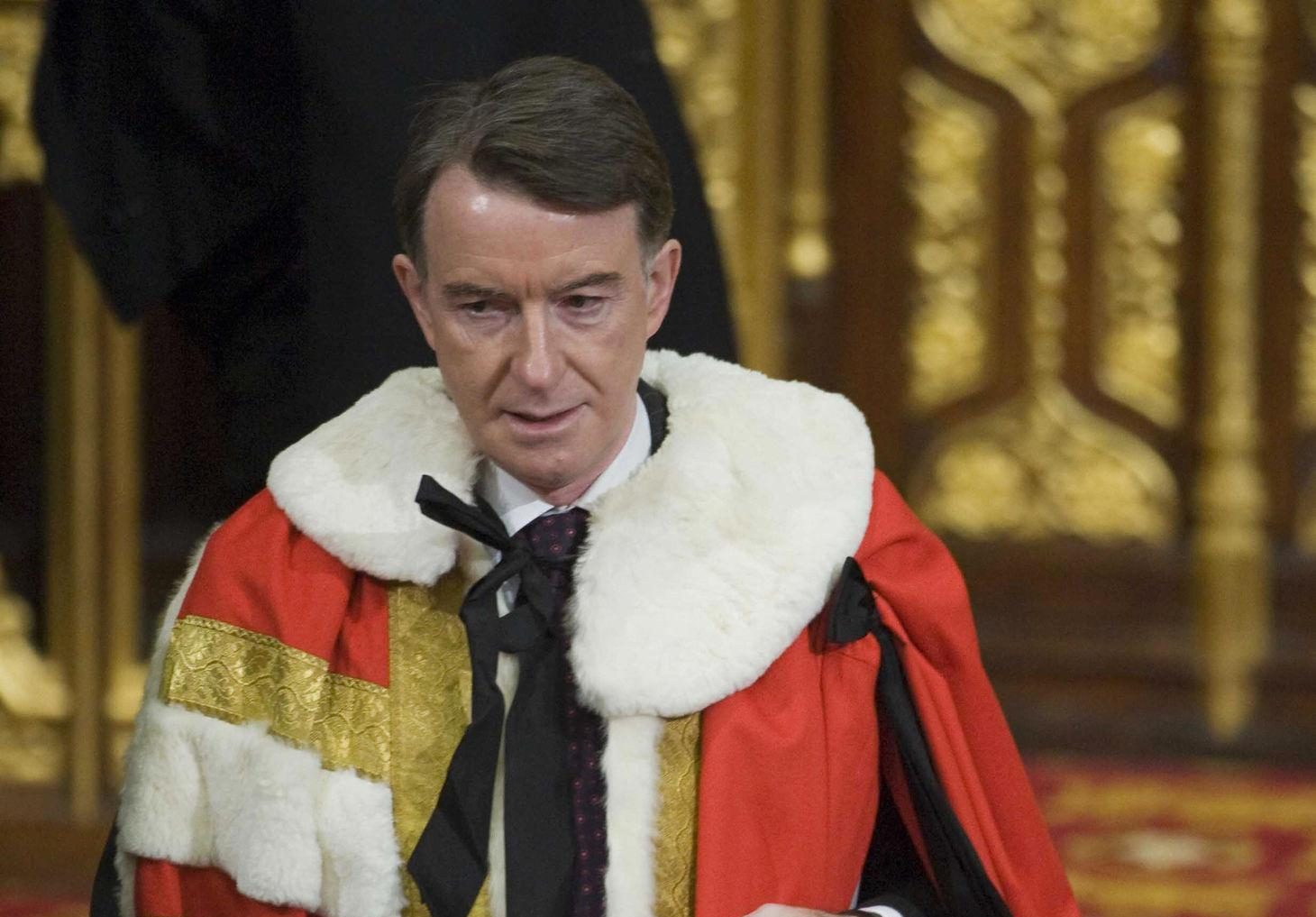
Peter Mandelson has announced he will retire from the House of Lords with immediate effect, as mounting political and legal pressure grows over claims he shared sensitive government information with convicted sex offender Jeffrey Epstein.
Parliamentary officials confirmed that Peter Mandelson formally notified the Clerk of the Parliaments of his decision, ending his membership of the upper chamber from Tuesday (Feb 4).
The move follows reports that the Metropolitan Police Service is reviewing allegations of possible misconduct in public office connected to emails said to have been forwarded to Epstein while Mandelson was business secretary during the 2008–09 financial crisis.
Downing Street has confirmed that material has been passed to police after an initial Cabinet Office review.
Government fury
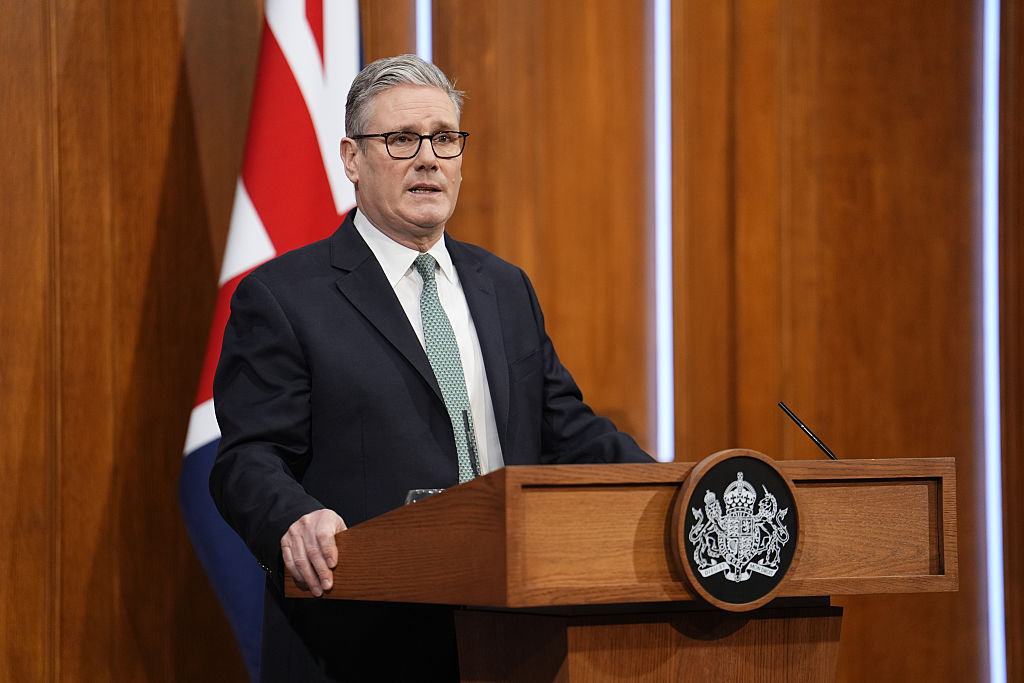
Prime Minister Keir Starmer told cabinet colleagues Mandelson had “let his country down”, according to No 10, and officials are now drafting legislation that could strip him of his peerage entirely.
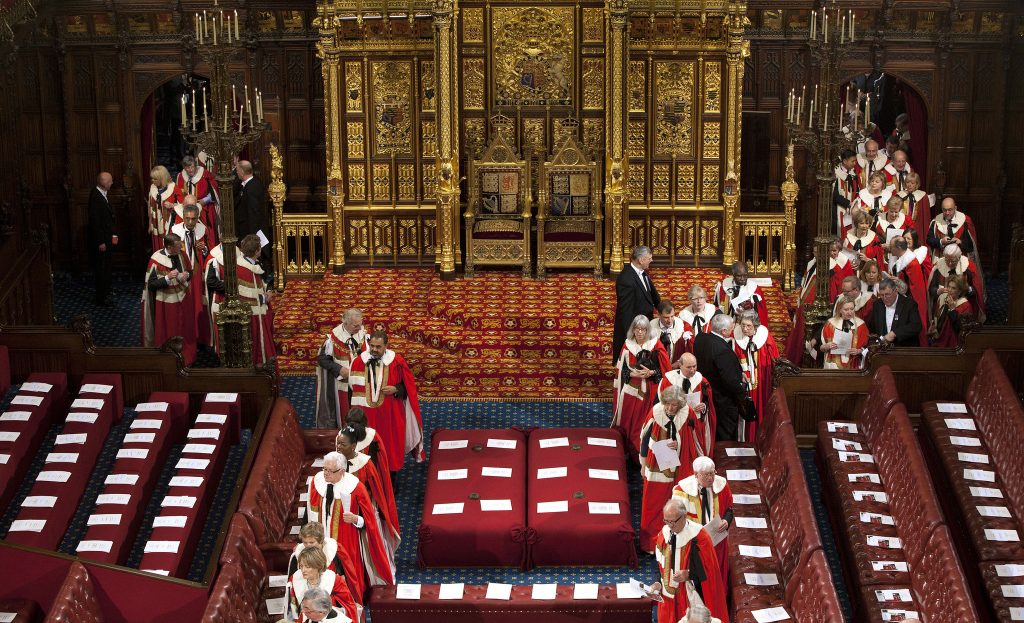
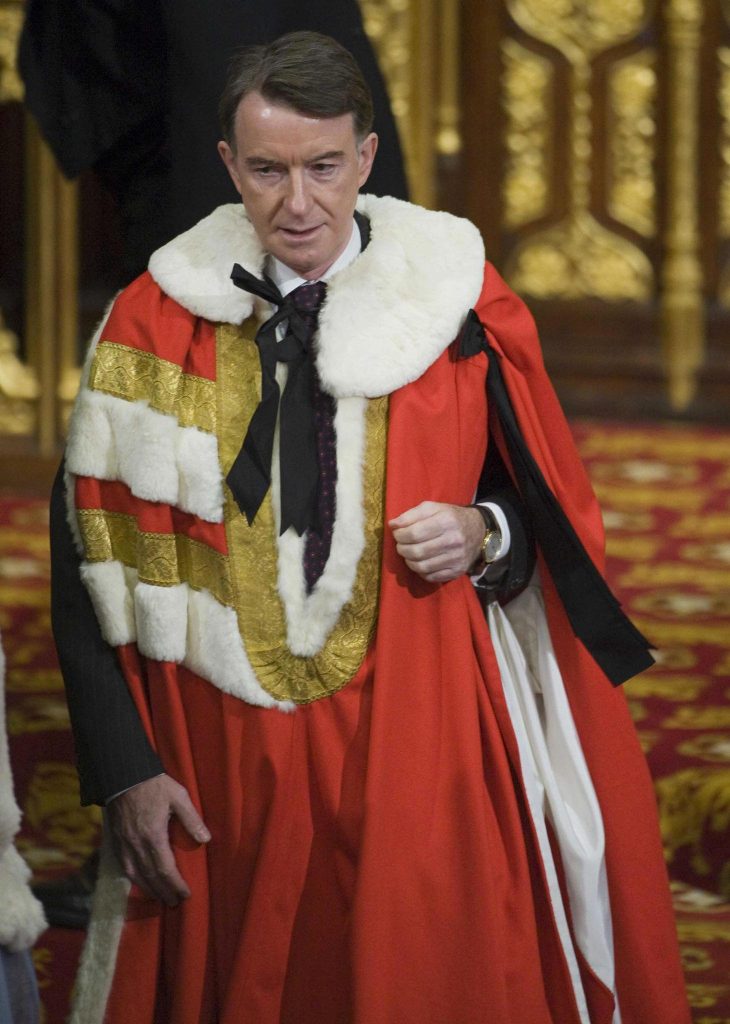
Removing a life peer is rare and would require an Act of Parliament.
If passed, Mandelson would lose the title “Lord” altogether — an extraordinary step that has only been considered in the most serious cases.
Senior ministers have described the alleged passing-on of market-sensitive government discussions as “disgraceful” and a “betrayal of trust”.
What police are examining
Misconduct in public office is a centuries-old common law offence that applies where someone in a position of public trust wilfully abuses that role. It carries a maximum sentence of life imprisonment.
Investigators will assess whether confidential information — particularly relating to government financial policy during the crash — was shared without justification and whether safeguards were breached.
At this stage, no charges have been brought.
Mandelson has previously apologised for maintaining contact with Epstein after the financier’s conviction, saying he regrets “ever having known him”, but he has disputed some of the latest claims and has not commented directly on the police review.
Political shockwaves
Opposition parties are pushing for further disclosure of documents relating to Mandelson’s vetting and his past roles.
Conservatives are expected to force a Commons vote demanding more information, while Liberal Democrats have called for a public inquiry.
Several MPs have also suggested Mandelson should be removed from the Privy Council.
The developments mark a dramatic fall for one of Labour’s most influential political figures of the past three decades, who only months ago was serving as the UK’s ambassador to Washington.
Now, with police examining evidence and legislation being prepared to remove his title, his public career appears effectively over.
More updates are expected as the investigation continues.
Community
Cilgerran Church in Wales school petition to be heard

A PETITION opposing proposed changes for a north Pembrokeshire school is to be heard by councillors later this week.
At last May’s meeting, Pembrokeshire County Council considered a report of the School Modernisation Working Group which outlined the findings of a review of education provision in the Preseli area.
A later July meeting backed a general consultation to discontinue Cilgerran Church in Wales Voluntary Controlled School, and to establish it as a 3-11 community school.
“In particular, the review considered the extent of surplus school places in the area, set against a significant decline in the pupil population,” the council in its consultation has said.
The consultation closed on January 30.
Hundreds have opposed the proposed changes, with a petition, on the council’s own website opposing the changes recently closing after gaining 391 signatures.
Any petition of more than 100 signatures triggers a debate at one of the council’s scrutiny committees, in the case of Cilgerran that debate taking place at Pembrokeshire County Council’s February 5 schools and learning overview and scrutiny committee.
The Cilgerran e-petition, created by Louise Williams, raised concerns including the school could become part of a federation, a loss of permanent head teacher on site, a shared head teacher would have to oversee several schools, loss of funding control and the ability to maintain the school’s current healthy and stable funding, and a loss of commitment to the church, in turn could impact on the school’s and pupils values, beliefs and cultural beliefs.
It said: “Ysgol Cilgerran VC school has strong links with the Church community in Cilgerran and we believe this will have a negative impact on the children who attend the school, the community of Cilgerran and the links between the two.
“We are proud of our school ethos and values which are strengthened by our links with the church. The school has close and strong relationships with our Church in Wales federation governors one of which is also our safeguarding governor.
“Our Church Federation governors work closely with the school and are regular visitors to the school and the children. They provide vital support and guidance to the school and have a positive impact on the Children’s education. We believe these links will be weakened by this proposal to remove our VC status and we believe this is an un-necessary action.”
The proposals for Cilgerran are part of a wide range of potential education changes in the county.
Two petitions, opposing the potential closures of Manorbier and Ysgol Clydau schools, were recently heard at full council and a further petition opposing the potential closure of Stepaside School has recently been launched, which has generated enough support to be heard at a future council meeting.
Crime
Welsh Lib Dems urge ministers to rethink rates relief for struggling pubs and cafés

Calls grow for Welsh Government to match support offered to English venues
THE WELSH LIBERAL DEMOCRATS have urged the Welsh Government to review its business rates policy, warning that scaling back support for pubs and hospitality risks further closures across towns and villages.
Party leader Jane Dodds, who represents Mid and West Wales in the Senedd Cymru, said ministers should act quickly to protect local venues after additional support for pubs and music venues was announced for England by the UK Government.
The measures announced by the Chancellor do not automatically apply in Wales, leaving uncertainty over whether similar help will be introduced here.
Hospitality businesses across Pembrokeshire and Carmarthenshire have already reported rising energy bills, higher wage costs and reduced footfall since the pandemic. From April, current business rates relief is expected to be reduced, a move the Liberal Democrats say could place Welsh firms at a disadvantage compared with competitors over the border.
Dodds said that pubs, cafés and restaurants form “the heart of our communities” and warned that withdrawing relief now would be “a serious mistake”.
She told the Senedd that support “cannot stop at pubs alone” and should extend to the wider hospitality sector, including restaurants and family venues that rely heavily on seasonal trade and tourism.
“When questioned, the First Minister said she needed to examine the details of the English package before committing to anything similar for Wales,” Dodds said. “Without urgent action, we risk losing viable, well-loved businesses that communities simply cannot afford to lose.”
The party is also calling for UK-wide action, including a temporary reduction in VAT for hospitality and tourism, funded by a windfall tax on large banks.
However, Welsh Government sources have previously argued that decisions on rates relief must be balanced against pressures on public finances, with ministers required to prioritise health, education and other frontline services within a fixed budget. They have said any additional support would need to be affordable and targeted.
Industry bodies have echoed concerns about the challenges facing the sector. Trade groups say many independent pubs and cafés continue to operate on tight margins, particularly in rural areas where they serve as community hubs as well as businesses.
Local operators say clarity is now key, with decisions on staffing, stock and opening hours often planned months in advance.
With the next financial year approaching, hospitality owners will be watching closely to see whether Wales mirrors England’s support – or leaves businesses to absorb the extra costs alone.
-

 Health5 days ago
Health5 days agoConsultation reveals lack of public trust in health board
-

 News6 days ago
News6 days agoCaldey still unsafe, survivors warn — despite Abbey’s reform claims
-

 Community6 days ago
Community6 days agoPembrokeshire students speak at national Holocaust Memorial Day event
-

 News10 hours ago
News10 hours agoPrincess of Wales visits historic Pembrokeshire woollen mill
-

 Crime4 days ago
Crime4 days agoPembroke man accused of child sex offences sent to Swansea Crown Court
-

 News6 days ago
News6 days agoKurtz raises Gumfreston flooding in the Senedd as petition deadline nears
-

 Education6 days ago
Education6 days agoAttendance concerns at Milford School reflect wider issue raised at the Senedd
-

 Community6 days ago
Community6 days agoCampaign to ‘save’ River Cleddau hits over 2,200 signatures









































